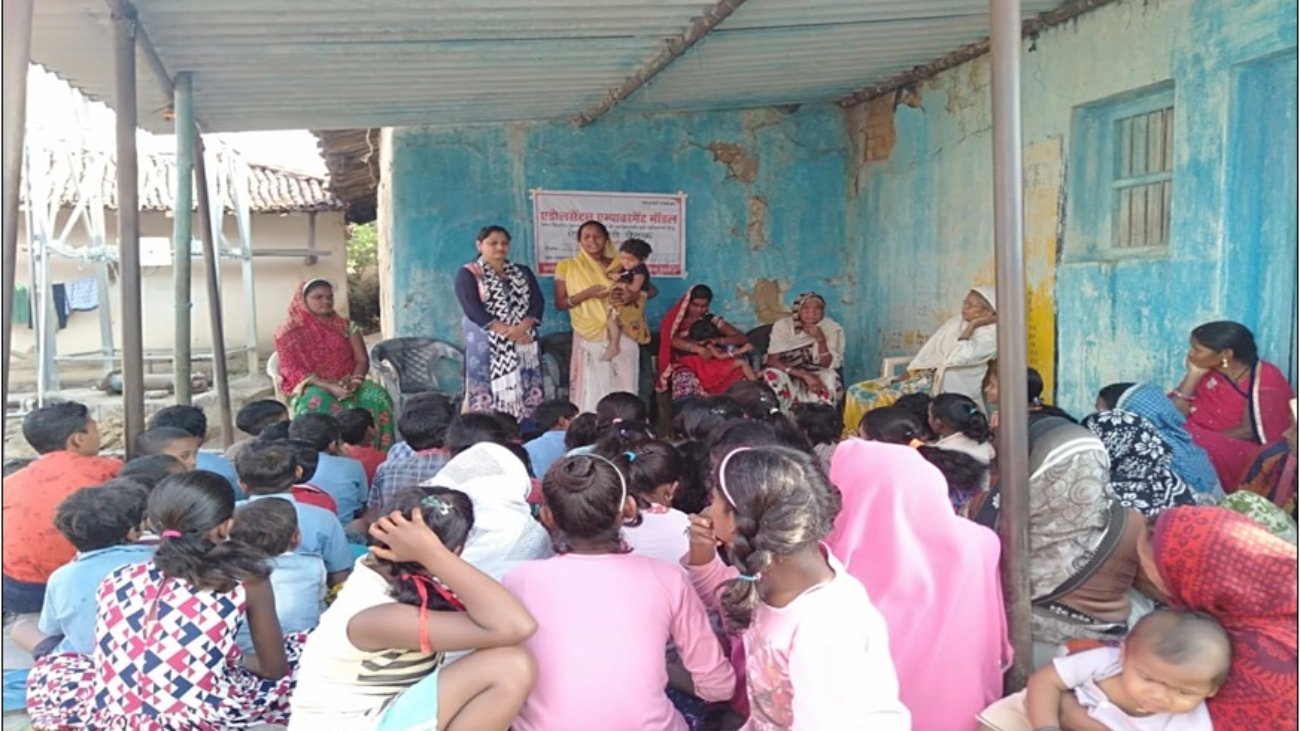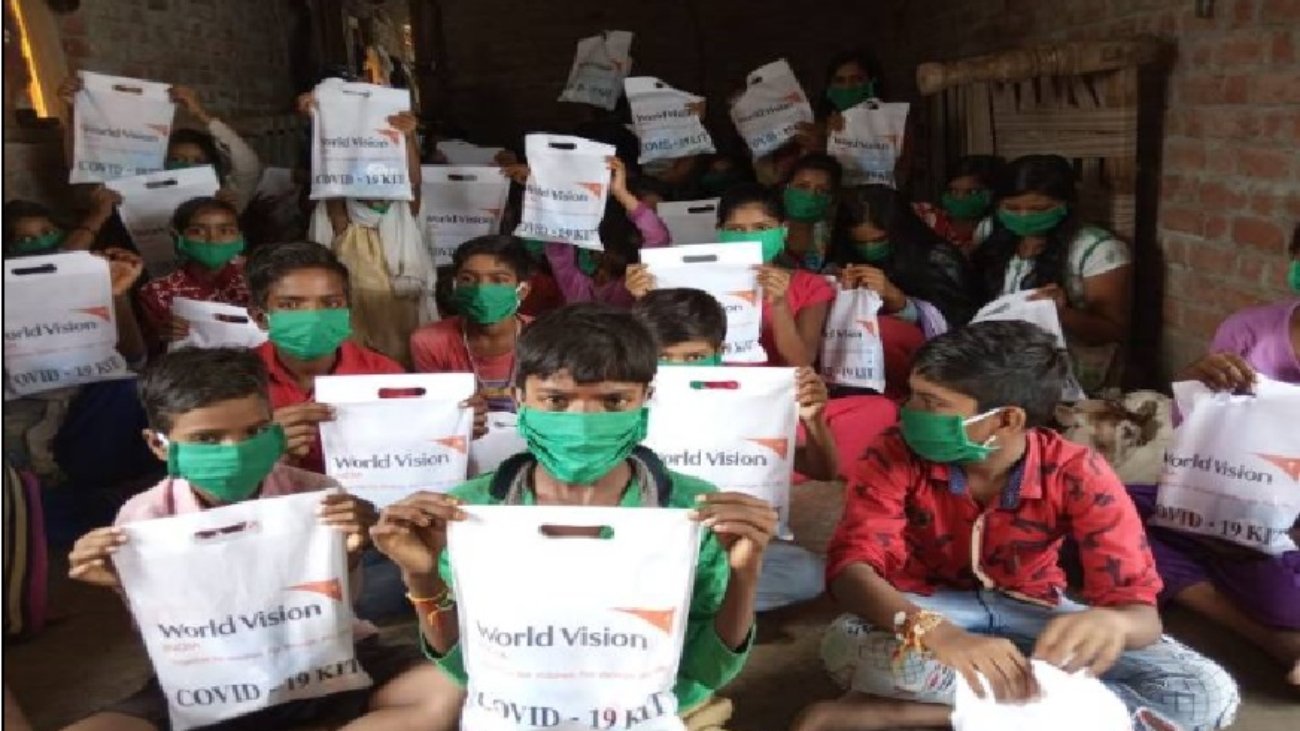I would like to mention about physical hygiene during Aruna Masram menstrual period when Adolescent Empowerment , a project conducted through World Vision and SEID institution in Diwan gaon in our village. Adolescent Empowerment Model coordinator Varsha Didi told us what precautions should be taken at time menstrual period. We should not use clothes at the time of Menstrual period . If we are studying how to use clothes in emergency then it should be washed clean and Should not be used again after using it once.
We did not have all this information related to Menstrual period, but we were given all this important information by Didi. Due to which there was a lot of awareness and change in the hygiene and health of most girls in our village and she has started using sanitary napkin Pad instead of clothes. There was no availability of sanitary napkins in Anganwadi village. But with the efforts of World Vision India and SEID organization, sanitary napkins have been made available in the Udita Corner of Anganwadi Center. Earlier, the girl felt hesitant to take the pad but now she also takes the pad from Anganwadi. Varshan Didi, the coordinator of World Vision India and SEID organization has been a big help in bringing change in us and important information was given about many types of diseases. We were also informed about Menstrual Period Nutrition Diet, Health Hygiene Education etc. Which we understood and learned and by informing others about it, we make them aware. We get a lot of good information through Varsha Didi by World Vision. And we have molded them into our daily routine.





